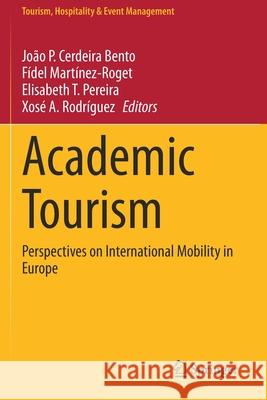Academic Tourism: Perspectives on International Mobility in Europe » książka
topmenu
Academic Tourism: Perspectives on International Mobility in Europe
ISBN-13: 9783030572907 / Angielski / Miękka / 2021 / 200 str.
Academic Tourism: Perspectives on International Mobility in Europe
ISBN-13: 9783030572907 / Angielski / Miękka / 2021 / 200 str.
cena 644,07
(netto: 613,40 VAT: 5%)
Najniższa cena z 30 dni: 616,85
(netto: 613,40 VAT: 5%)
Najniższa cena z 30 dni: 616,85
Termin realizacji zamówienia:
ok. 16-18 dni roboczych.
ok. 16-18 dni roboczych.
Darmowa dostawa!
Kategorie:
Kategorie BISAC:
Wydawca:
Springer
Język:
Angielski
ISBN-13:
9783030572907
Rok wydania:
2021
Ilość stron:
200
Waga:
0.28 kg
Wymiary:
23.39 x 15.6 x 1.07
Oprawa:
Miękka
Wolumenów:
01
Dodatkowe informacje:
Wydanie ilustrowane











